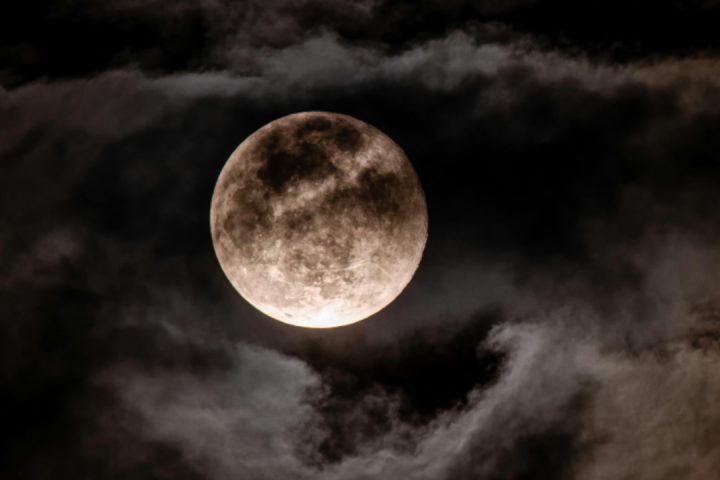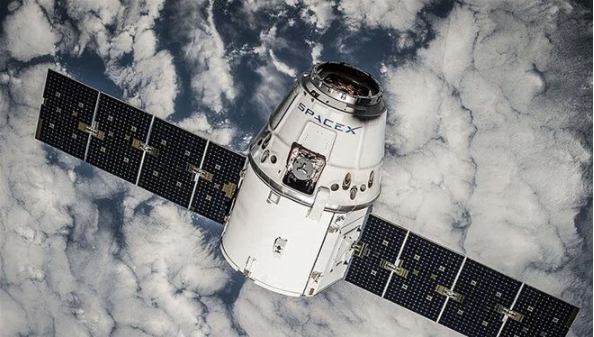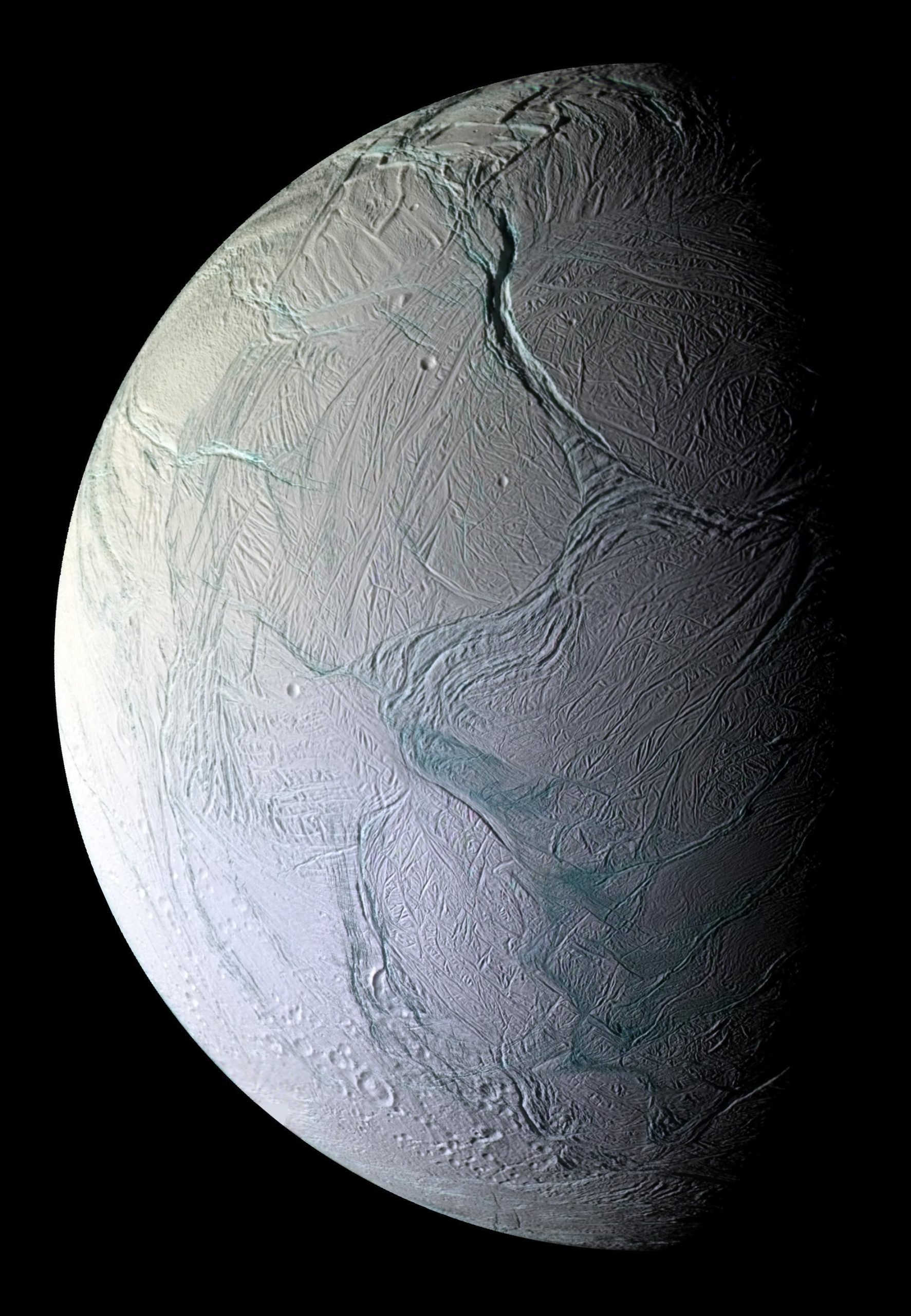The shortest day ever recorded by Earth just happened. Although we didn’t really appreciate it, at least it was a workday.
The time on Wednesday, June 29, 2022, according to the International Earth Rotation and Reference Systems Service, was 159 milliseconds less than 24 complete hours. The length of that day is the shortest since atomic clocks were first used to gauge Earth’s rotational speed.
The Earth rotates once every 24 hours on average. The length of the day can vary depending on a number of things, making it longer or shorter. The day is actually being stretched and growing longer overall due to the tidal forces between the Earth and the Moon. Earth takes an extra few milliseconds to complete a spin every 100 years or so. The length is also affected by the internal motion of the planet, the atmosphere, and our satellites.
But it appears like the day is getting shorter during the past few years. Since 2020, Earth has broken numerous speed records. In fact, it saw 28 of its shortest days since the 1960s in 2020. No one is certain why this is happening, but one theory relates it to modifications to the axis of rotation, which has been less swaying during the past five years.
Understanding the planet’s complex motions, particularly those that are connected to long-term cycles, may take some time, but thankfully, most of the repercussions of these fluctuations are minor. A leap second may be added to the official time and date if there is an excessively large or small divergence that has built up over months or even years.
Internet behemoths Facebook, Google, Amazon, and Microsoft have publicly criticized this highly helpful timekeeping tool because adding an extra second might occasionally cause software to break.
On December 31, 2016, the final jump second was introduced. No extra second is anticipated to be added in 2022.





